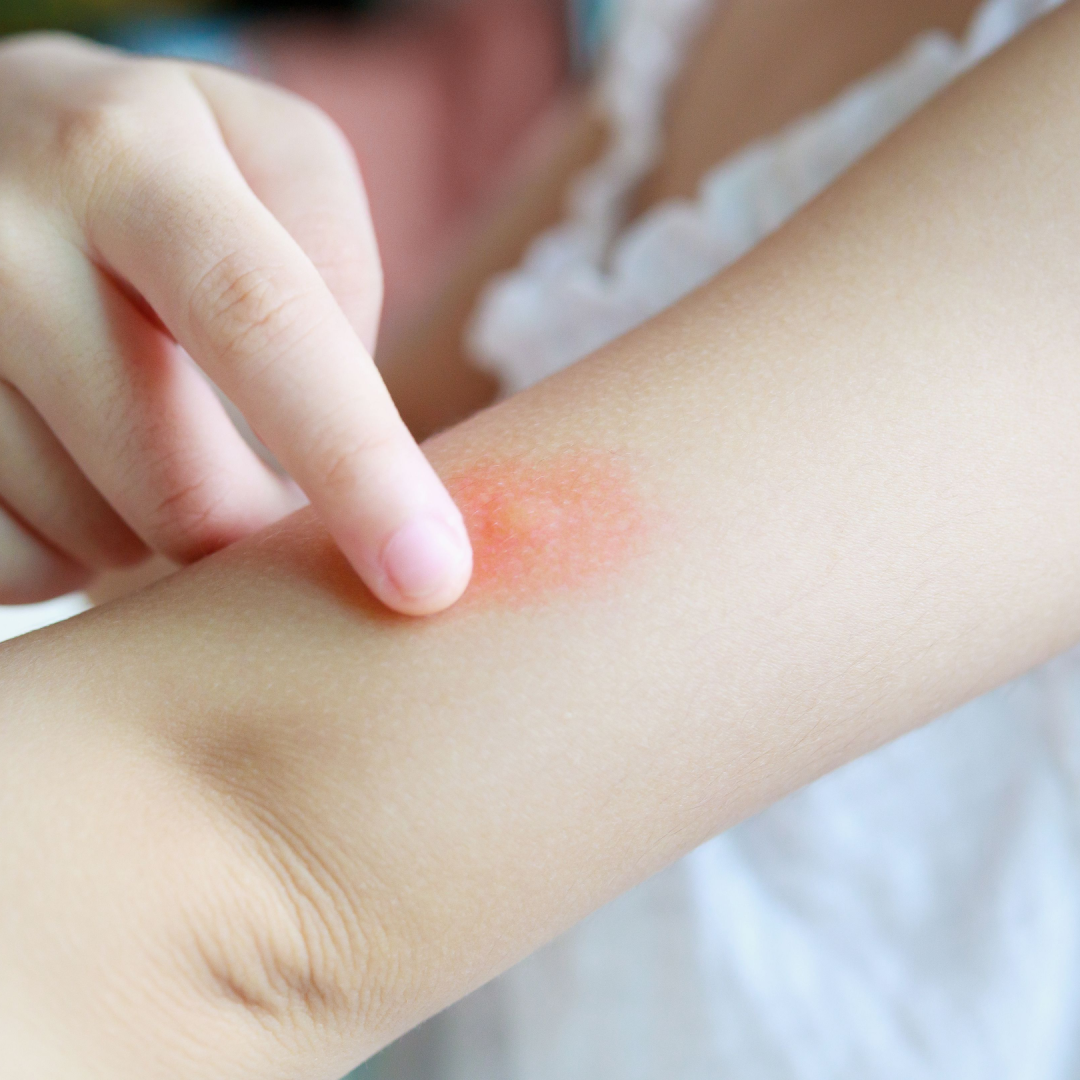Dealing with Bug Bites & Stings This Spring: Your Comprehens
Springtime often brings a renewed sense of energy and enthusiasm as we welcome warmer temperatures and blooming flowers. However, it also marks the return of various bugs and insects. While many of these tiny creatures are harmless, some can bite or sting, leading to discomfort or even allergic reactions. Here's your guide to managing and preventing bug bites and stings this spring.

1.Identifying Common Bites & Stings
Mosquito Bites: Typically appear as red, itchy bumps. They can become swollen but usually fade within a few days.
Tick Bites: Often painless when they occur but can lead to a small red bump. In some cases, ticks can remain attached to the skin.
Bee & Wasp Stings: These can cause sharp, intense pain. The site often becomes red, swollen, and warm to the touch.
Spider Bites: While most are harmless, some spiders can cause painful or even dangerous reactions. It's essential to be aware of the spider species in your area.
2. Immediate Steps to Take
For stings: Remove the stinger immediately using the edge of a credit card or your fingernail, scraping sideways. Avoid using tweezers as squeezing can release more venom.
For tick bites: Remove the tick as soon as possible. Use fine-tipped tweezers, grasping the tick as close to the skin's surface as possible, and pull upward with steady, even pressure.
Wash the area: Clean the bite or sting site with soap and water.
Apply a cold compress: This can help reduce swelling and numb the area, offering relief from pain.
3. Over-the-counter Relief
Antihistamines: These can help alleviate itching and allergic reactions.
Pain relievers: Over-the-counter pain relievers like ibuprofen or acetaminophen can reduce pain.
Topical creams: Active ingredients such as crotamiton and menthol, or calamine lotion can help soothe itchiness.
4. When to Seek Medical Attention
Signs of an allergic reaction: Symptoms like difficulty breathing, hives, swelling of the face, lips, or tongue, or a rapid heartbeat warrant immediate medical attention.
Signs of infection: If the bite or sting site becomes increasingly painful, swells, or emits yellow fluid (pus), it might be infected.
Concerning spider bites: Bites from certain spiders, like the brown recluse or black widow, can be harmful and require medical attention.
5. Prevention is Key
Wear protective clothing: When in bug-heavy areas, wear long sleeves, pants, and closed-toed shoes.
Use insect repellents: Opt for repellents containing DEET, picaridin, or oil of lemon eucalyptus. Always follow label instructions.
Avoid peak times: Many bugs, including mosquitoes, are most active during dawn and dusk.
Secure your home: Ensure windows and doors have tight-fitting screens without holes.
While bug bites and stings are often an inevitable part of spring, understanding how to treat them and when to seek medical attention can make the experience less daunting. Equipping yourself with knowledge and being prepared will allow you to enjoy the beauty of spring with fewer interruptions. Always remember to keep a close eye on reactions and, when in doubt, consult with a healthcare professional.

